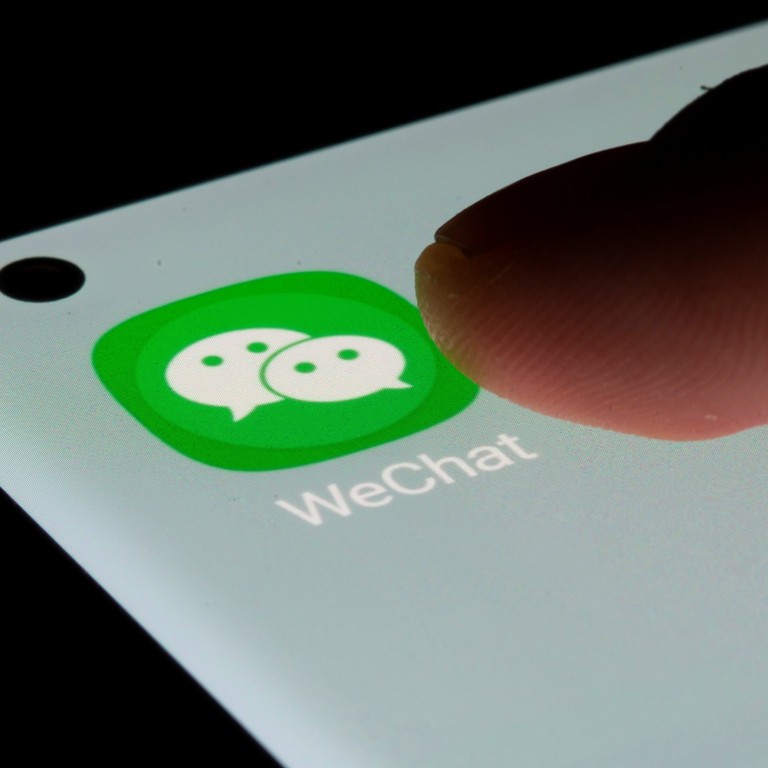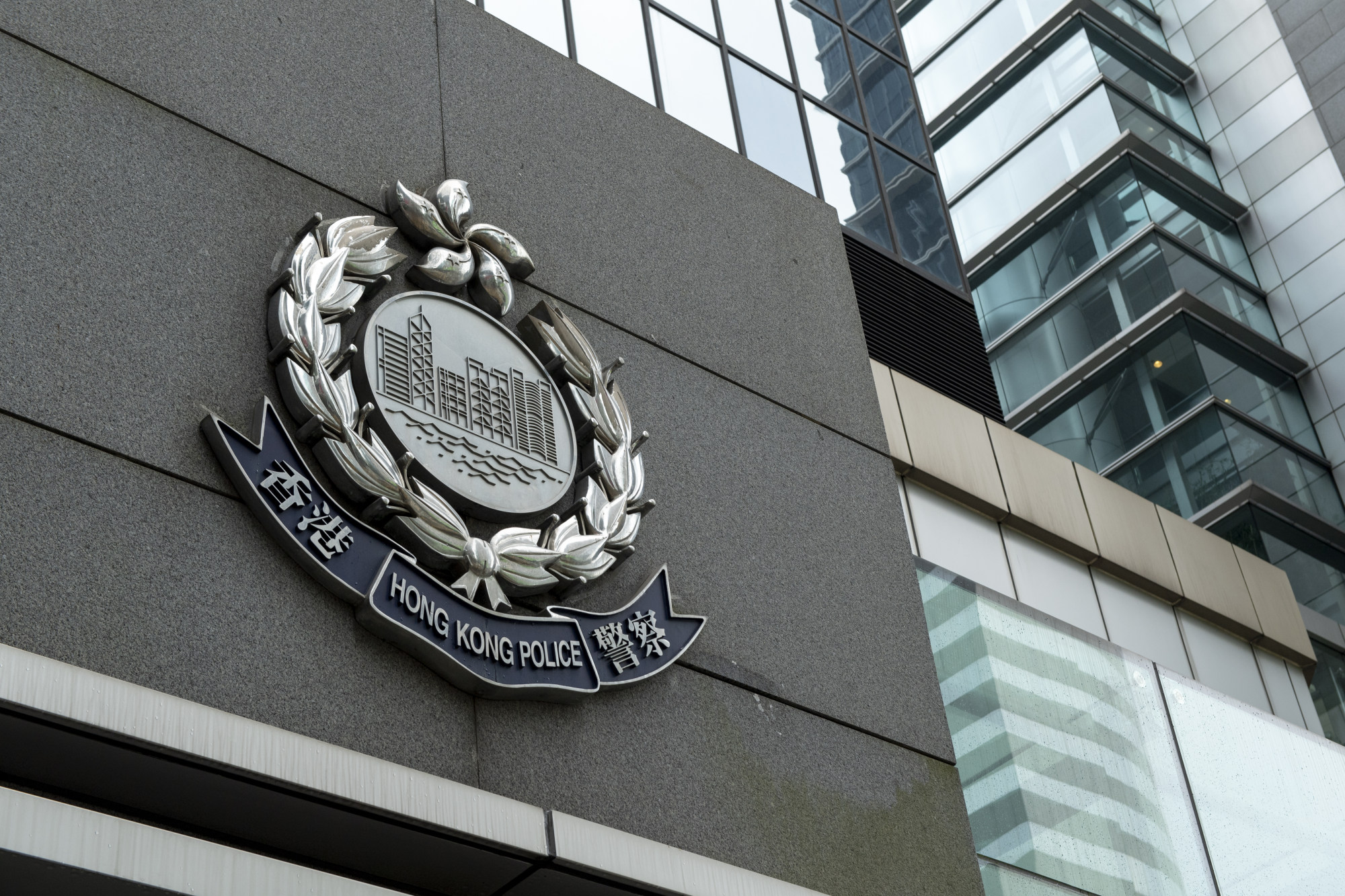
Hong Kong counterterrorism unit set to launch hotline for tip-offs on suspicious activities with cash rewards for useful information
- In the first stage, 6366 6999 hotline will support SMS and WeChat reporting features, but officers will not pick up incoming calls
- People who provide tips that prove crucial in detection of terrorism-related crimes will be rewarded with cash after judicial procedures have ended
Hong Kong’s counterterrorism unit is set to launch a hotline on Wednesday for people to report suspicious activities and will pay cash rewards for useful tips.
The 6366 6999 hotline will support SMS and WeChat reporting features in the first stage but officers will not pick up incoming calls, according to Senior Superintendent Peter Leung Wai-ki, head of the Inter-departmental Counter Terrorism Unit (ICTU), which was set up in 2018 and comprises members from six disciplined services.
Leung said the unit encouraged informants from across industries, including property management, chemical supplies and mini-storage service providers, to offer intelligence on suspicious people who could have links to radicalism, terrorism or extremism.

He said overseas experience showed suspicious circumstances were usually identified in suspects’ daily lives by their family, friends or colleagues, who then alerted law enforcement agencies and eventually stopped terrorist attacks from taking place.
People who provide tips that prove crucial in the detection of terrorism-related crimes will be rewarded with cash after judicial procedures in the case are completed, with the amount to be determined under an existing stringent mechanism.
“We will consider a lot of factors, such as the seriousness of the case, its impact on society and the significance of the information,” Leung said, adding that police currently provided rewards of HK$400,000 (US$51,000) to HK$800,000 for useful information that helped crack murder or serious violence cases.
“I think those who provide information with good intentions will not mind the amount of the reward … But police will launch criminal investigations into malicious reports as the informants are wasting police time.”
Law enforcement agencies in countries such as the United States, Britain, Australia and Singapore also operate similar hotlines to combat terrorism.
Hong Kong to ramp up security for handover bash, guard against ‘new threats’
Leung said activities for suspected terrorism could be categorised into four areas, under the acronym “SPOT” – support, preparation, online material and terrorist ideology. Extremists usually started by recruiting members or promoting terrorist groups. They then researched or learned about tactics for their attack.
“Before launching attacks, suspects will buy firearms, or an unusual amount of chemicals for making explosives, or check the security arrangements of a venue,” Leung said.
“They also publish extreme hate ideologies online and possess terrorism-related items. People should report such suspicious acts so we can intervene and stop the possible attack.”
He said tip-offs could be anonymous, but the unit encouraged people to leave a contact number so officers could get in touch to acquire further information or to give possible rewards. Whether they would be asked to make a statement would depend on the nature of the case and the informants’ willingness, Leung added.
ICTU officers will handle tips promptly and share them with relevant units or agencies, including the National Security Department, for follow-up action.
Informants are advised to call 999 for urgent imminent situations or if they need immediate police help at the scene.
Hong Kong’s national security law hotline draws 100,000 tips in six months: police
The terrorism threat in Hong Kong remains “moderate”, meaning there is a possibility of an attack but no specific intelligence suggests the city is likely to be a target.
Leung said his unit had been assessing risks for the 25th anniversary of Hong Kong’s return from British to Chinese rule on July 1 as overseas incidents showed celebratory events or significant days often became targets of terrorist or radical groups. The police force and the unit had stepped up intelligence gathering and counterterrorism training.
Residents can currently report suspected terrorist activities on the ICTU’s website or by email. The unit has so far received 350 pieces of information with 120 pursuable.
The National Security Department’s reporting hotline, 6271 7171, has received 260,000 messages since it was launched in November 2020, while an anti-violence one, 5333 3103, set up in October 2019 to gather intelligence from the public at the height of the anti-government protests, drew 1.34 million tips.
The anti-violence hotline will be suspended with the launch of the counterterrorism reporting platform.

